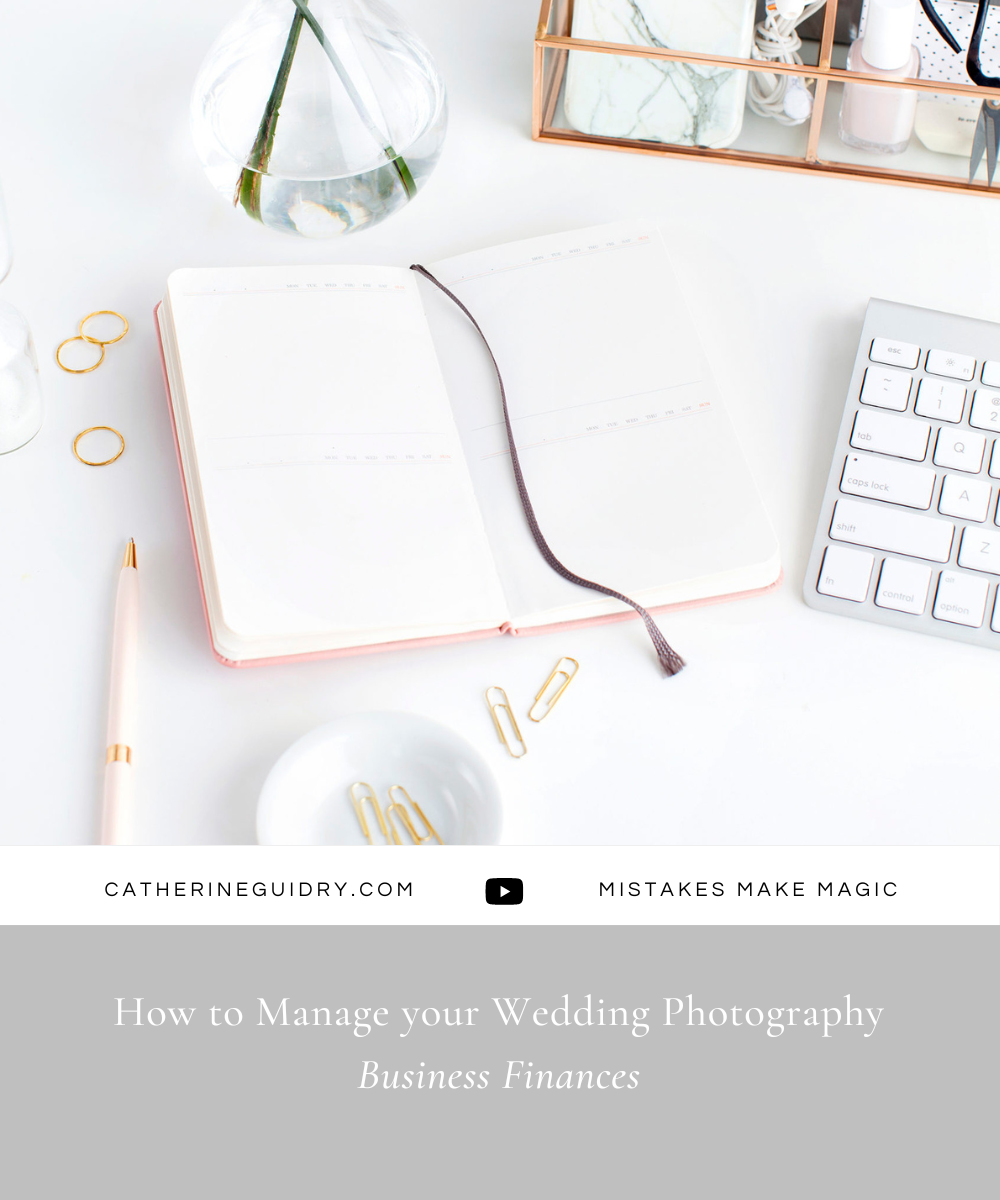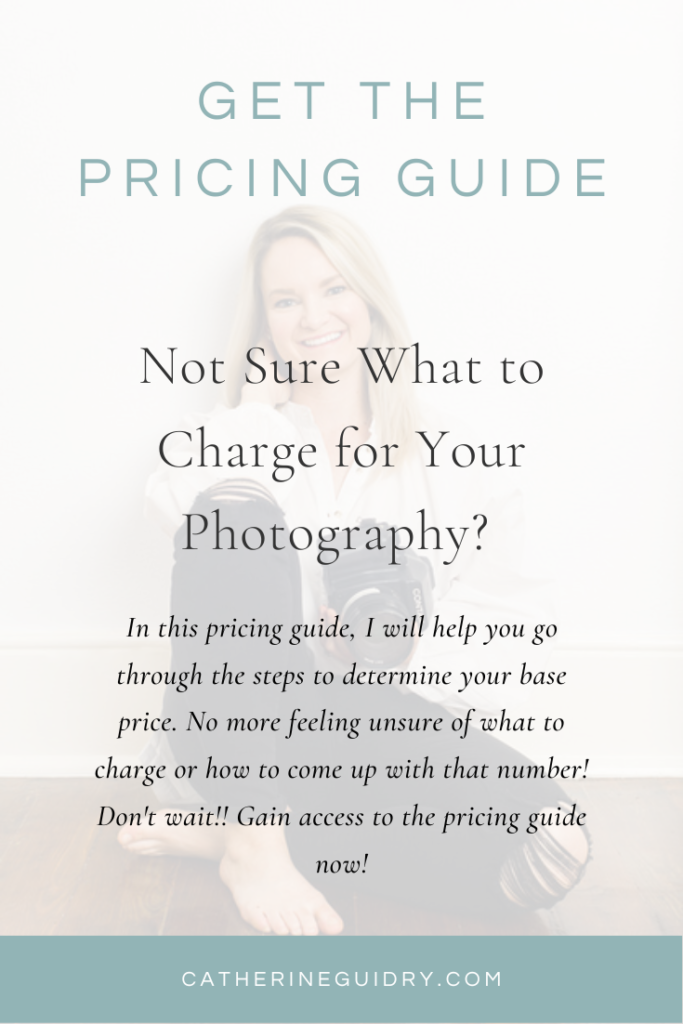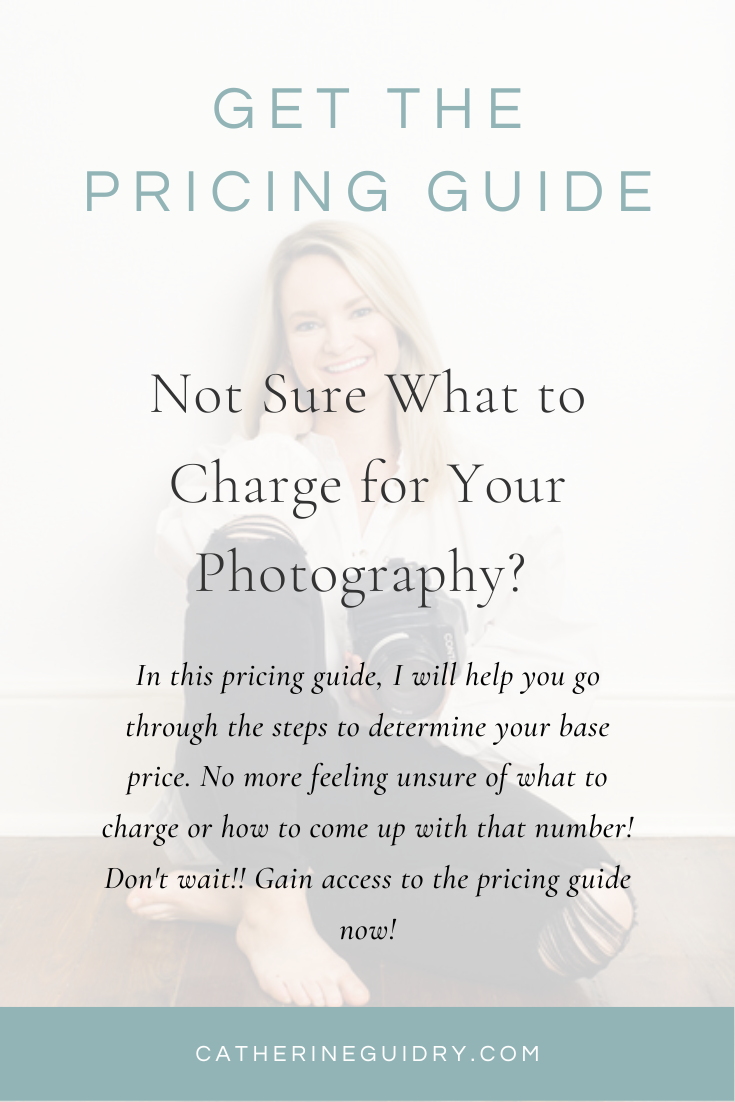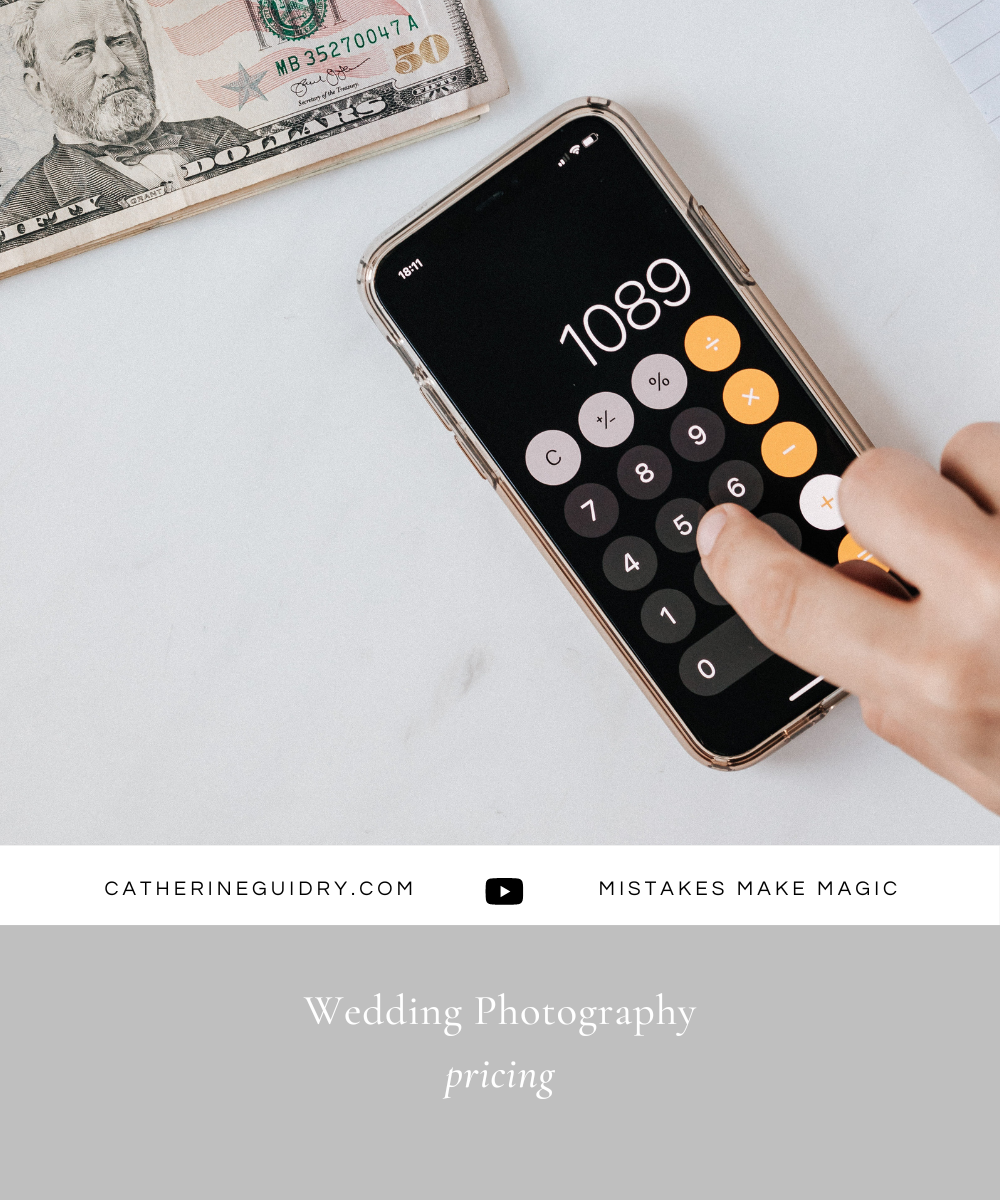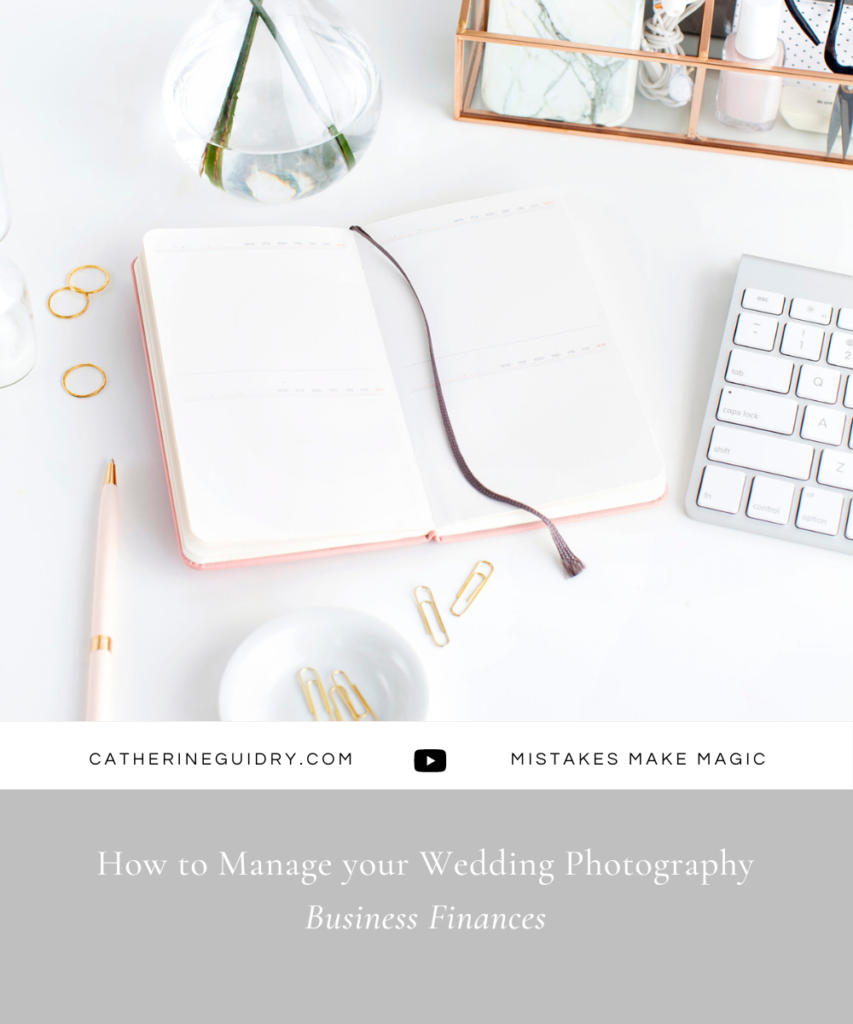
Back when I started my wedding photography business in 2010, learning the financial side of the business was very low on my to-do list 🙈
With all the other things I had to learn about being a wedding photographer, it just didn’t seem that important. But I’m here to tell you it is one of THE most important things you’ll need to know in order to survive and thrive in this industry.
If you’re overwhelmed with the idea of learning about finances, let me encourage you: When I first started my business, the accountant I was working with asked how I was going to keep track of my deposits. I didn’t even know what the word “deposit” meant 😅 So if I can learn, so can you!
As photographers, we do this because we love taking photos and working with clients. And if you want to make this a full-time profession for as long as you’re able to work, you will need to set your business up in a way that allows you to make money.
Unless this is just a hobby for you, I imagine you’re here because you want to make a living as a photographer. If you want to do that, you HAVE to get your business finances in order.
Follow along with these 4 tips for managing your wedding photography business finances.
1. Separate Business Expenses from Personal Expenses
When you’re running a business, you want to ensure all expenses and deposits stay completely separate from your personal income and expenses.
When you’re making transactions, whether it’s on credit cards, checks, Venmo, PayPal, etc. – just make sure you have a system to help you keep track of what is personal and what is business.
For example, when I am paying a subcontractor, like a second photographer, I pay them using our business account (NOT a personal account). Additionally, I have a personal credit card and a separate business credit card.
This makes it very easy for my accountant and I to tell how much we’ve made and how much we’ve spent in the business at the end of the year. If you don’t separate these, it can get very confusing… you don’t want to have your grocery bills mixed in with your business expenses!
So if you don’t already have a separate business bank account, go to the bank of your choice and ask them to help you set one up!
2. Be Smart with Credit Cards
When I was younger, I always saw credit as a bad thing – which it CAN be, if you’re not paying off your cards and you’re racking up debt.
But the way that we approach our credit cards is that we’re paying them off almost immediately – definitely by the end of the month, if not sooner. That way, we’re not accruing interest on that money.
If we don’t have the money for the business, then we wait to spend that money.
One benefit of credit cards is that when you spend money on them, you can get money back. Whatever bank that you use will usually give you rewards points for using their credit cards.
But of course, your goal is not to overspend and go into debt – but rather, spend what money you already have and use the points later.
We use the Chase Ultimate Rewards Points. We’re able to actually combine points for business and personal rewards and cash them out for whatever we want – but again, I’d recommend keeping business transactions coming from the business account and cards only so you can keep track and write expenses off.
Credit cards are not meant to get you into debt. Really think about how you’re using your credit cards and be careful. 💳
A note on write-offs: Think of a write-off as a coupon. People often get confused with write-offs and look at them as something they don’t have to pay for. You’re still paying for it; your taxable income is simply reduced by that amount.
3. Get Professionals on Your Team
A lot of the organization of a small business can be confusing. You might be getting a lot of conflicting advice from friends, families, or other professionals. My advice is to get professionals on your team: get an accountant, lawyer, attorney, and so on who are experienced and trusted in these areas to help you.
Remember, your finances are the way you make a living. You want to make sure the things you’re doing are legal so you can sustain your business long-term.
When I was just starting out, I consulted with an accountant and an attorney. They helped me set up a Limited-Liability Corporation (LLC). A lot of photography businesses are set up this way, but this isn’t the only way. Consult with professionals and find the right decision for you.
4. Use Contracts
You want to ensure that all work you do is written down and agreed upon in a contract.
You want this legally-binding document to protect you and the client because, well, life happens! There are unforeseen circumstances that come up.
I’ve been doing photography for 15 years, and there have been many unexpected things that came up for us! The pandemic in 2020 was a prime example – no one saw that coming, and our contracts were hugely important in protecting both us and the clients at that time!
If you need a ready-made, attorney-approved contract template for weddings and portraits, you can check out the ones we have in our education shop.
Want More Info on Money?
I hope these strategies will help you build your business so you can do this for a living. When I first started my business, I dreamed of doing this full-time. Now? It’s a dream to help others (like you!) do the same thing!
While we’re on the subject of money, do you ever struggle to price your products? Do you use other people’s pricing without really being sure WHY or if those prices are right for you? 😓
I created my Pricing Guide to help you:
- Understand the WHY behind your base prices
- Decide what to charge for your photography
- Cover your expenses to remain profitable and sustainable
Check it out below ⤵️
